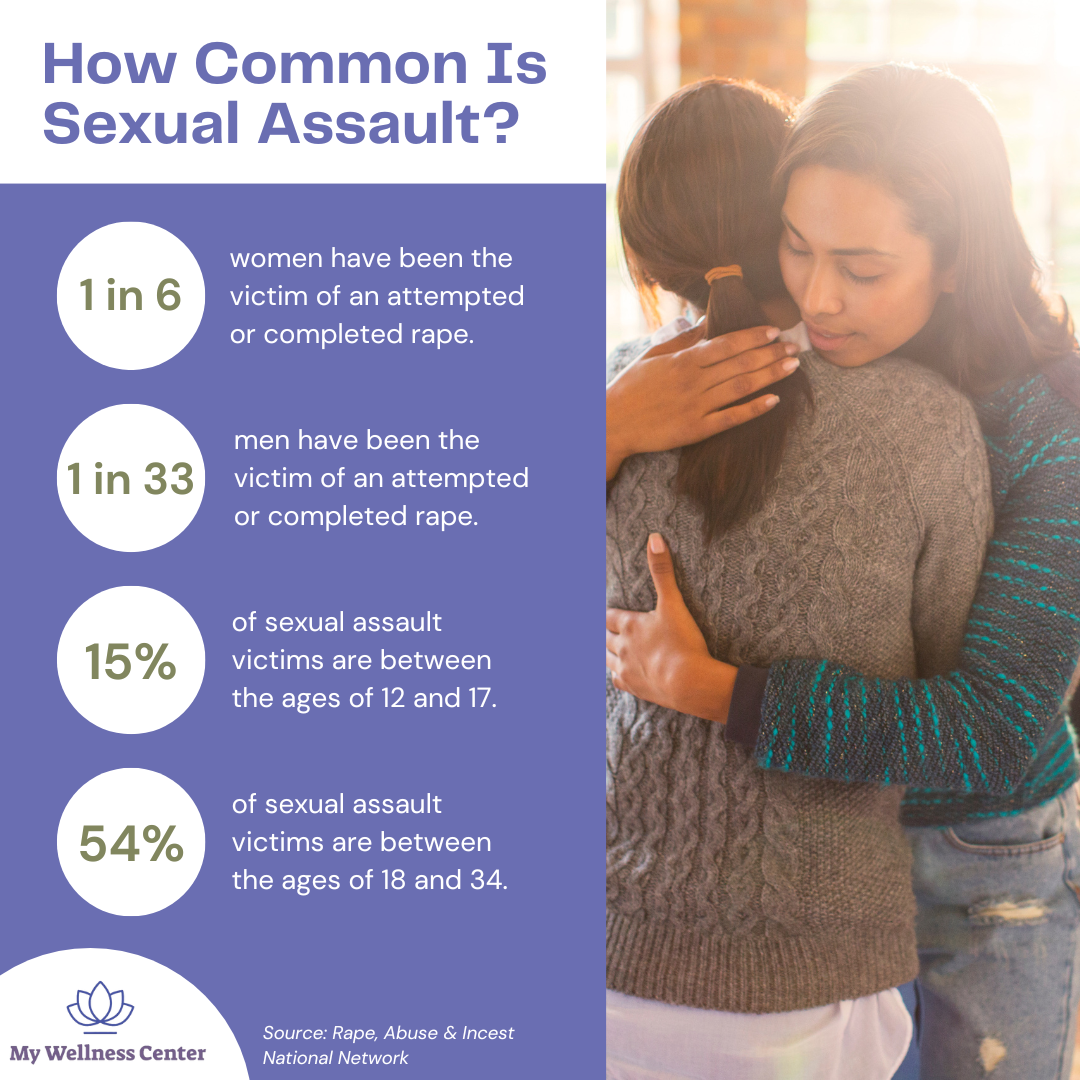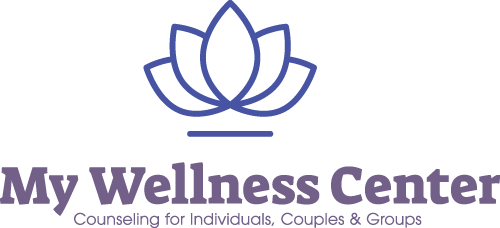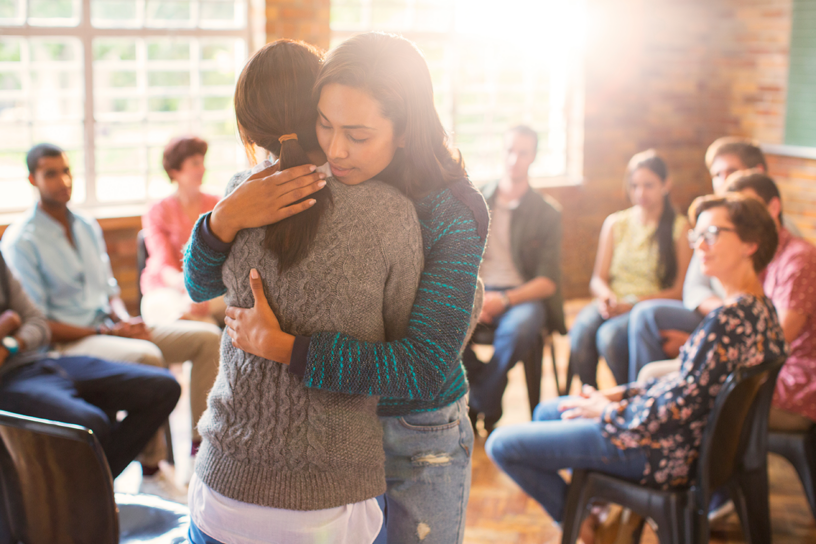Sexual assault is an unfathomably traumatic experience that leaves deep scars on both the body and the mind. Navigating the aftermath can feel overwhelming, but therapy offers a beacon of hope.
This comprehensive guide is here to support survivors and their loved ones through this challenging journey marked by well-informed trauma therapy.
Your journey toward healing starts here. Let this guide be your companion, offering knowledge, empathy, and the reassurance that you are not alone.
Table of Contents
How Do We Define Sexual Assault?
How Common Is Sexual Assault?
What Are the Physical and Psychological Effects of Sexual Assault?
Where Does Sexual Assault Happen?
Therapy for Sexual Assault: 3 Techniques
Who Receives Therapy After A Sexual Assault?
About Pennsylvania’s Victims Compensation Assistance Program (VCAP)
Connect With A Pittsburgh Sexual Assault Therapist
How Do We Define Sexual Assault?
Sexual assault and rape are often used interchangeably, but they’re not always the same thing.
Sexual assault is an intentional sexual contact—or attempted sexual contact—marked by uses of force, threats, intimidation, abuse of authority, or when a victim is unable to consent.
So, while sexual assault can include rape, it also covers abusive or unwanted sexual contact and forced oral or anal sex.
How Common Is Sexual Assault?
Sexual assault is more common than most people realize. According to RAINN (Rape, Abuse & Incest National Network), a sexual assault occurs every 68 seconds in the United States.
Other disturbing facts:
- 1 in 6 American women have been the victim of an attempted or completed rape (meaning 14.8% have been raped and 2.8% have been the victim of an attempted rape)
- 1 in 33 men have experienced an attempted or completed rape, which means 1 in every 10 rape victims are male
- 15% of sexual assault victims are between the ages of 12 and 17
- 54% of sexual assault victims are between the ages of 18 and 34

What Are the Physical and Psychological Effects of Sexual Assault?
Physical Effects of Sexual Assault
Some of the most common physical effects of sexual assault include:
1. Risk of Pregnancy – In general, unprotected intercourse has a 3%-5% chance of resulting in pregnancy, though many factors are involved, including whether birth control is present and the woman’s cycle. By some estimates, 7,750-12,500 babies are born in the US every year as a result of rape.
2. Risk of STI – Having a single event of unprotected intercourse with an individual infected by syphilis, gonorrhea, or chlamydia leads to a 30% chance of infection for the victim, according to Flo Health. Other research shows rape victims are at a 3%-30% risk of receiving an STI.
3. Risk of Other Injuries – Research shows roughly 30% of rape victims suffer minor or serious injuries, including scratches, bruises, welts, genital injuries, and anal tearing.
Although these injuries are physical, the trauma endured and the aftermath can push victims toward therapy for sexual assault as a way to heal from the psychological harm of physical wounds.
Psychological Effects of Sexual Assault
Some of the most common psychological effects of sexual assault include:
1. Victims of sexual assault regularly experience PTSD and distress. Facts:
- 94% of sexual assault victims show symptoms of PTSD within two weeks of the assault.
- 70% of sexual assault victims experience moderate to severe distress in the days, weeks, and months following the assault.
2. Victims of sexual assault are more likely to rely on drugs and alcohol as a coping mechanism. Sexual assault victims are:
- 3.4 times more likely to smoke marijuana
- 6 times more likely to use cocaine
- 10 times more likely to rely on other popular drugs
3. Victims of sexual assault may experience relationship issues with everyone they regularly come in contact with. This can include:
- Their parents
- Their partner
- Their classmates
- Their teachers
- Their boss
- Their co-workers
- Their family members
- Their friends
Relationship issues with work, school, co-workers, family, friends
4. Victims of sexual assault regularly express feelings of shame. A vicious shame cycle may follow a sexual assault, fueled by thoughts like:
- This was my fault.
- I could have stopped it.
- I should have known better.
- I didn’t listen to my intuition.
In some cases, the sexual assault might have even felt nice, which can create even deeper feelings of regret, confusion, and shame.
Where Does Sexual Assault Happen?
While sexual assault can occur anywhere, some of the most common places for sexual assault to occur include:
- Religious Institutions – While data is sparse due to limited studies, research has shown globally that 18% of girls and 7.6% of boys have experienced sexual abuse by clergy members within religious communities. In some studies, researchers have found 60%-80% of victims were boys.
- Schools – Grade schools, middle schools, high schools, and colleges have all been shown to be potential grounds for sexual assault. On the college level, 13% of students report sexual assault or rape—including 26.4% of women and 6.8% of men.
- Prison – The incidents of sexual assault in prison often run contrary to what is shown in pop culture. Sixty percent of violence against inmates is perpetrated by staff members, and 50% of contact between inmates and staff members is non-consensual. Sadly, 95%-99% of women inmates have been sexual assault victims at some point in their lives.
- Military – Of active duty service members:
- 6.2% of women have been sexually assaulted
- 0.7% of men have been sexually assaulted
- Home – 55% of assaults occur at or near the victim’s home, and 84% of sexual assaults on children under the age of 12 occur in a residence.
Learning where these assaults are most common can help you make decisions that can prevent or deter these incidents from occurring in the future.
Therapy for Sexual Assault: 3 Techniques
While there are a number of therapeutic techniques that may be beneficial for sexual assault victims, we regularly utilize EMDR, ACT, and psychoeducation. Here’s why:
1. EMDR
EMDR stands for Eye Movement Desensitization and Reprocessing, and it is a popular treatment method for assaults, traumas, and other experiences that could lead to PTSD. EMDR unites your mind and body together, transforming your negative thought processes so you can make mindful decisions that positively impact your life.
2. Acceptance And Commitment Therapy (ACT)
ACT is a popular therapy technique for sexual assault victims as it empowers them to accept their thoughts and feelings surrounding the assault without judgment, allowing them to better process their past and build for the future.
3. Psychoeducation
In psychoeducation, we work to educate the victim to help them better understand and cope with the assault, as well as provide education that may help prevent further attacks in the future.
The idea of “consent,” for example, is often new or foreign for individuals who have grown up in environments where they were regularly assaulted or victimized. By teaching consent, we can offer our patients greater agency and control over their lives in the future.
Your therapist may determine another approach is ideal for your unique circumstances. Review our Pittsburgh Counseling Services to see what may be best for you.
Who Receives Therapy After A Sexual Assault?
After something as violating as a sexual assault, the victim isn’t the only one who may seek therapy. We regularly see:
- Sexual Assault Victims – Sexual assault victims are often traumatized. Others repress their experiences. Regardless, therapy can become a valuable step toward emotional and mental recovery.
- Partners – Sexual assault victim partners are often racked by feelings of helplessness, like they should have been able to do more to help or support their loved ones. In some cases, they even struggle to forgive themselves. After an assault, the victim or their partner may also struggle with intimacy, which can further affect the relationship.
- Parents – Parents may feel heartbroken and helpless after a child is sexually assaulted. They may also struggle to find education, help, and support while retaining confidentiality and privacy.
- Grandparents – Grandparents may experience many of the same emotions as parents, especially if they are the guardians of the child or victim.
About Pennsylvania’s Victims Compensation Assistance Program (VCAP)
As if sexual assault wasn’t already traumatizing enough, the cost of therapy afterward can be cost-prohibitive, causing some victims to avoid therapy altogether.
Fortunately, the Pennsylvania Commission On Crime And Delinquency runs the Victims Compensation Assistance Program (VCAP), a resource that eases the financial impact of the aftermath of sexual assault and other violent crimes.
VCAP can cover:
- Insurance co-pays
- Out-of-network expenses
- Medical expenses
- Counseling
- Loss of earning
- And much, much more
Individuals who were assaulted while 18 years or older are eligible for up to $5,000 in counseling services. Individuals who were younger than 18 are eligible for up to $10,000 in counseling services.
Learn more about VCAP to determine whether it’s an ideal resource for you.
Connect With A Pittsburgh Sexual Assault Therapist
To connect with a compassionate Pittsburgh sexual assault therapist, contact us. Our team of experienced therapists is here to ensure you receive the respect, dignity, and treatment you deserve.

